April 13, 2025 | 20:50 GMT +7
April 13, 2025 | 20:50 GMT +7
Hotline: 0913.378.918
April 13, 2025 | 20:50 GMT +7
Hotline: 0913.378.918
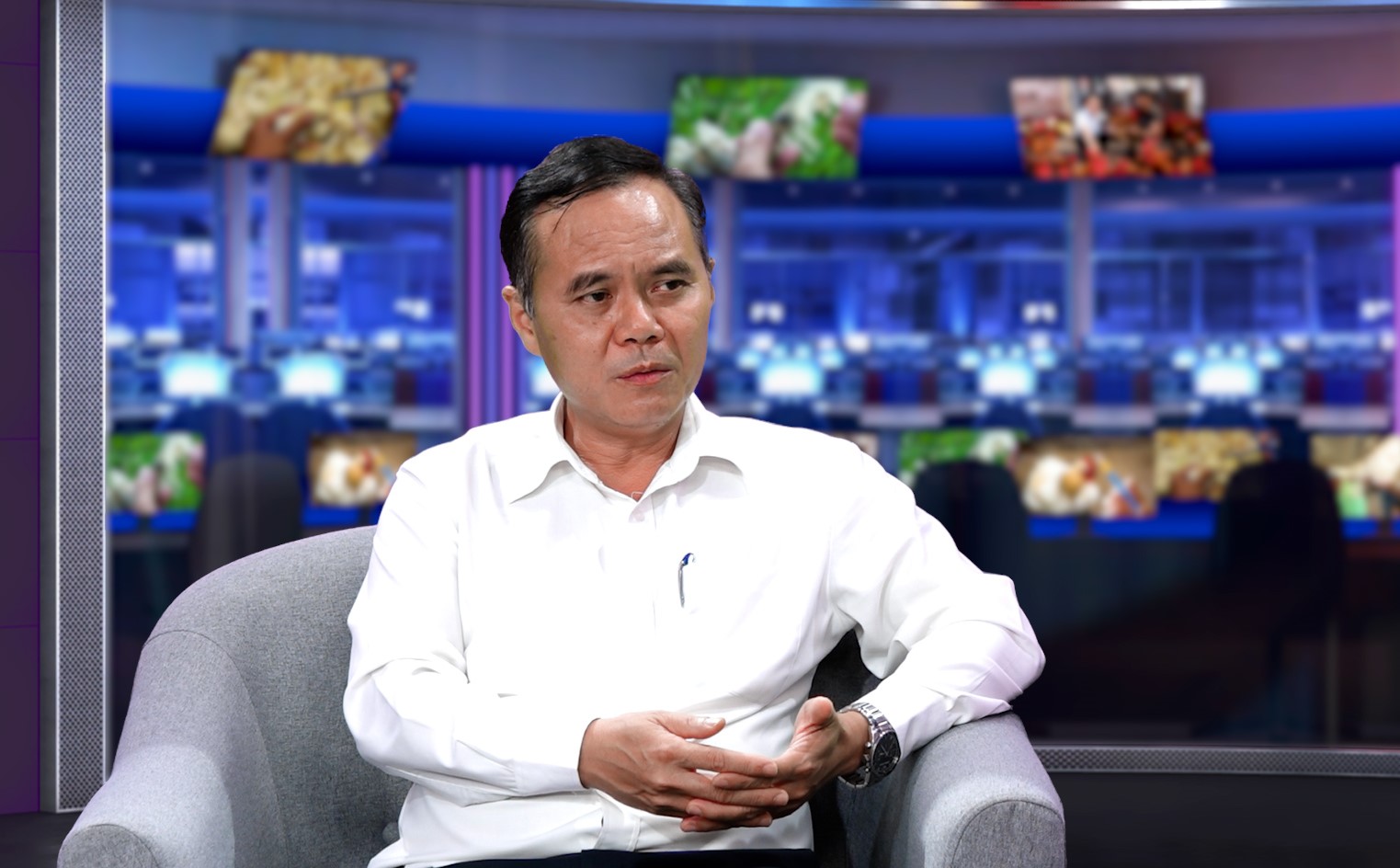
Pham Kim Dang, Deputy Director of the Department of Livestock Production (MARD). Photo: Quang Linh.
In some localities, breeders have the habit of treating disease based on “experience”, such as injecting antibiotics until livestock is cured or carefreely using many different types of antibiotics at the same time. The main reason is that people in general are not aware of the dangers of overusing antibiotics.
Pham Kim Dang, Deputy Director of the Department of Livestock Production, mentioned the alarming situation of the lack of public awareness of using antibiotics on livestock. "At present, the Law on Animal Husbandry and the Law on Animal Health clearly regulates cases in which antibiotics are allowed, and how to use them properly and effectively. However, many places do not follow the law. A situation remains where farmers buy antibiotics for their own use without consulting a veterinarian with a practicing certificate. Some places even buy antibiotics for humans to use on animals."
For many years, the Food and Agriculture Organization of the United Nations (FAO) has repeatedly advised farmers in developing countries to limit the use of multiple antibiotics without instructions.
Ha Minh Tuan, Deputy Director of Toan Thang Veterinary Medicine Joint Stock Company, said that the use of antibiotics is inevitable when livestock gets sick, especially on a large scale and in large quantities. But how to use antibiotics properly, in the right dose, in the right injection course requires a massive shift of perception from the people.
"The most important thing in treatment is to diagnose the disease correctly. Large farms need to cooperate with centers and research units that have the function of diagnosing and testing diseases in the laboratory to accurately diagnose bacterial or viral diseases. From there, they can choose to use antibiotics or use other alternative methods.
For small and medium-sized livestock households, when there are signs of epidemics or diseases in their livestock, they need to immediately report to the local animal health agency for timely diagnosis and testing methods and therefore choosing appropriate prevention and treatment methods," said Ha Minh Tuan.
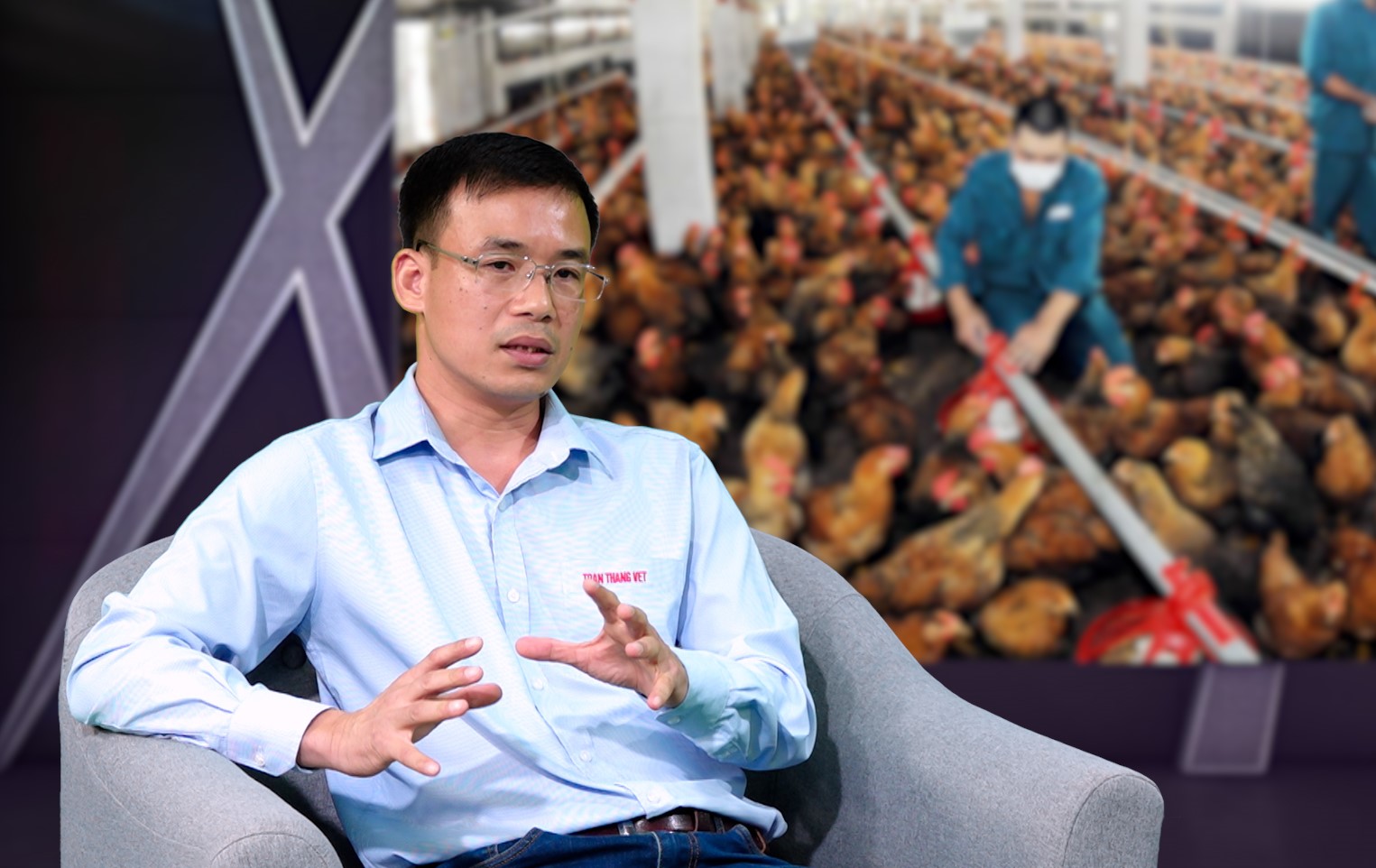
Ha Minh Tuan, Deputy Director of Toan Thang Veterinary Medicine Joint Stock Company. Photo: Quang Linh.
"Prevention is better than cure" has been the guiding principle for many generations of Vietnamese. This is even more true when it comes to reducing the use of antibiotics in livestock to not let animals get sick. Countries with developed livestock industries almost do not treat diseases in food animals, but instead implement solutions to prevent diseases from afar. Treated cases are limited to individual levels according to animal welfare regulations.
Experts believe that before thinking about how to reduce antibiotic use when livestock gets sick, farmers need to think about the old guiding principle to always increase the health and resistance of their livestock.
From the point of view of Deputy Director Pham Kim Dang, people need to consider biosecurity solutions as the first and decisive factor in reducing antibiotic use. "Biosecurity solutions not only protect the health of livestock but also protect the health of farmers and their families, and if we look at a broader view, it’s the health of the community," he said.

It is time for Vietnam to seriously change its perception of antibiotic use. Photo: Quang Linh.
Facing the current situation of antimicrobial resistance in Vietnam, there are still many shortcomings in the regulations on the supply of antibiotics in health and livestock production.
This requires all levels and sectors in Vietnam to continue strengthening coordination in the prevention and control of antimicrobial resistance, and coordination should be based on the one health approach, as humans, animals, plants and the environment are interrelated at global, regional, national, and sectoral levels.
Antibiotics are a type of drug mainly used to treat diseases caused by bacteria. Since the first antibiotic, Penicillin, was discovered by British scientist Alexander Fleming in 1928 and put into use to treat diseases in the 40s of the 20th century, hundreds of different antibiotics have been discovered by scientists.
However, the inappropriate use, misuse or abuse of antibiotics in the prevention and treatment of diseases for humans and animals has led to more occurrences of antimicrobial resistance, hence an increase of antibiotic-resistant bacteria worldwide. Antimicrobial resistance is a phenomenon that leads to ineffective treatment of infectious diseases in humans and animals, increasing the rate of injury and even death.
Translated by Samuel Pham
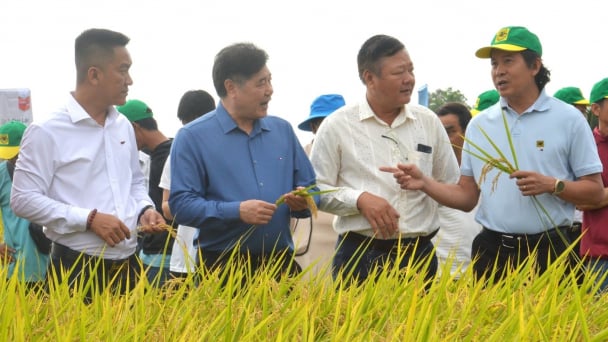
(VAN) The results from pilot fields are catalyzing the expansion of the One million hectares of high-quality, low-emission rice project in Kien Giang.
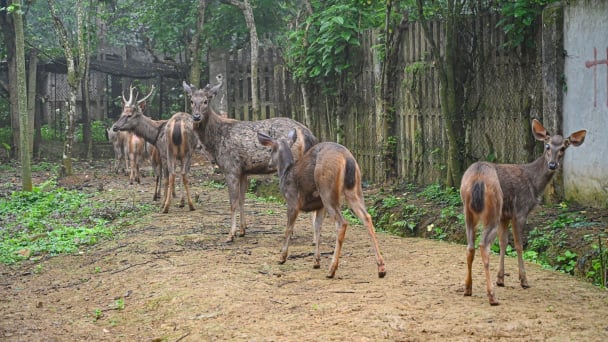
(VAN) On the morning of April 11, Cuc Phuong National Park received 18 individuals of endangered and rare wild animals from Da Nang city.
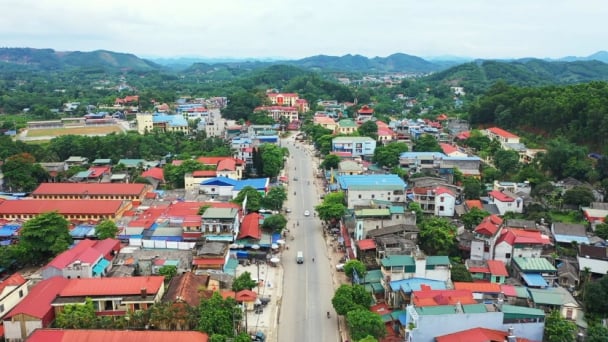
(VAN) FAO supports Vietnam in enhancing survey sampling techniques for the 2025 nationwide agricultural and rural census.

(VAN) By participating in the green transition, manufacturers become an indispensable part of the circular economy, contributing to resource optimization and environmental protection.
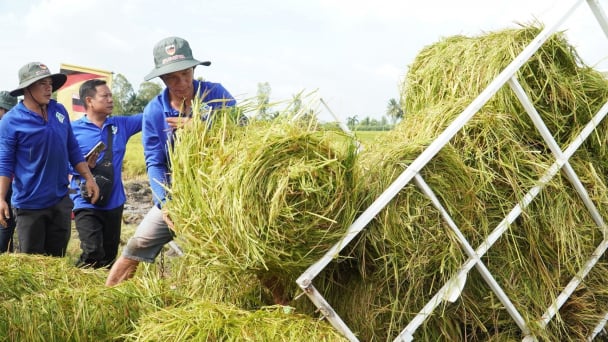
(VAN) The One Million Hectares of High-Quality and Low-Emission Rice Program can generate nearly 14 million tons of straw annually, posing an urgent requirement to diversify straw-based products.
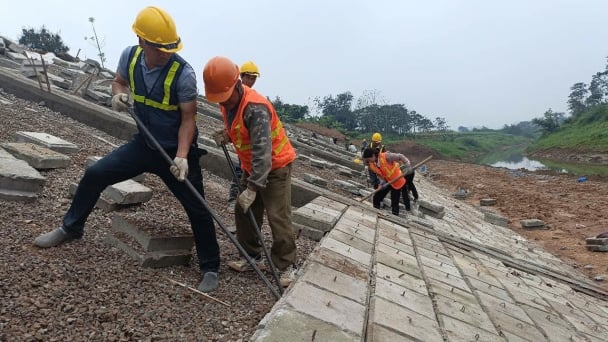
(VAN) This figure was recently announced at a conference held in Yen Bai, focusing on climate-resilient infrastructure development for ethnic minority regions.
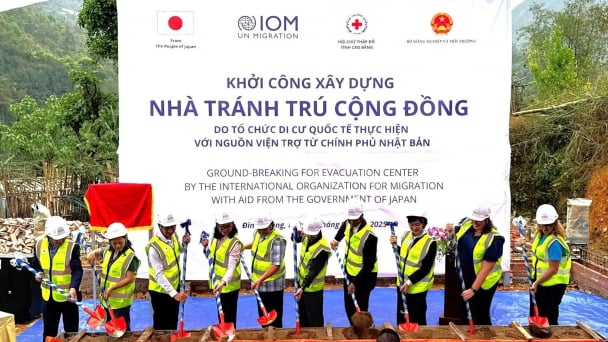
(VAN) The evacuation center is a practical work in efforts to respond to natural disasters and adapt to climate change in vulnerable areas.